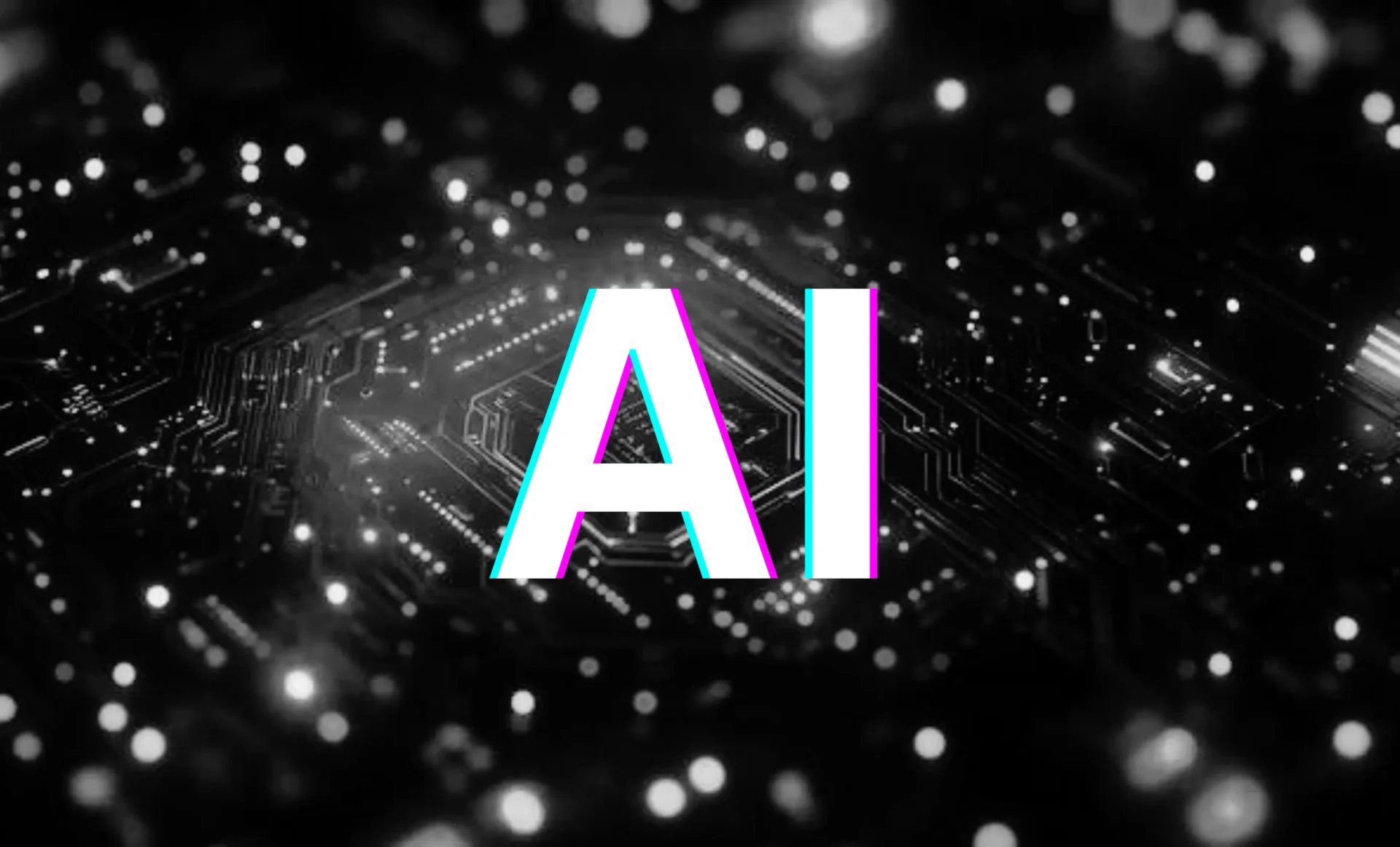In a groundbreaking shift, a recent Gartner poll has unveiled a significant surge in the adoption of generative AI (genAI) by organizations. The poll, conducted among over 1,400 executive leaders, showcases a threefold increase in the number of organizations piloting genAI, with a remarkable doubling in those already implementing the technology into their operations. This marks a substantial evolution from the figures reported merely ten months ago, indicating a paradigm shift in how businesses perceive and utilize generative AI.
The Gartner Research survey, conducted globally, presents compelling insights into the widespread embrace of generative AI across various industries. A staggering 45% of organizations are actively engaged in genAI pilots, while an additional 10% have successfully transitioned the technology into production. This remarkable surge, compared to data from March and April 2023, where only 15% were in the pilot phase and 4% in production, underscores the rapid adoption and integration of generative AI into mainstream business operations.
Frances Karamouzis, a distinguished vice president analyst at Gartner, notes that this shift goes beyond mere discourse; organizations are channeling substantial resources, both in terms of time and capital, to propel generative AI forward. Karamouzis emphasizes that generative AI has now become a focal point on the agendas of CEOs and boards, highlighting the commitment to leveraging the transformative potential that this technology promises.
Investment surge and strategic implementation
The poll further reveals that 55% of organizations have escalated their investments in generative AI since its public debut with the launch of ChatGPT. This surge in investment speaks volumes about the growing recognition of the technology’s potential to reshape business landscapes. Also, 45% of respondents indicate a strategic move towards scaling genAI investments across multiple business functions. Notably, 22% of these organizations are deploying generative AI across various functions, with software development, marketing, and customer service, particularly in the realm of chatbots, emerging as primary areas witnessing the highest rate of genAI adoption or investment.
The belief in the benefits of generative AI is further strengthened, with 78% of respondents asserting that these benefits outweigh the associated risks. This marks a notable increase from the earlier poll, where 68% held a similar belief. The data suggests a growing confidence in the transformative power of generative AI to drive positive outcomes for organizations willing to invest and integrate it effectively.
Generative AI in software development
Gartner’s predictive analysis takes a deep dive into the role of generative AI in the realm of software development. The forecast asserts that by 2025, more than half of software engineering leader roles will necessitate oversight of genAI development. This aligns seamlessly with findings from the 2023 Accelerate State of DevOps Report by Google Cloud’s DevOps Research and Assessment (DORA) team.
The Google Cloud survey, involving nearly 3,000 technology professionals globally, underscores the enthusiasm among developers for AI tools. Between 20% and 40% of respondents emphasize the “extremely important” role of AI in various tasks, ranging from data analysis to writing code and identifying bugs. Derek DeBellis, DORA research lead, acknowledges the growing optimism surrounding AI development tools. But, the report also points out that the impact of these tools on team dynamics is still in its early stages, with widespread coordinated use expected to take time.
The survey, sponsored by Digital.ai, explores the intersection of AI development tools and their impact on software teams. While there is considerable enthusiasm about the potential benefits of AI tools, the report suggests a nuanced picture. AI’s impact on individual well-being measures, such as burnout and job satisfaction, is slightly positive. But, at the group level, outcomes related to team performance and software delivery performance remain neutral or potentially negative.
The report speculates that this apparent contradiction could stem from the early stage of AI adoption in large enterprises. It is plausible that organizations are in a testing phase, exploring AI-powered tools before making widespread decisions. This ambiguity underscores the ongoing exploration and evaluation of AI’s efficacy in transforming the dynamics of software teams.
A transformative journey
The surge in generative AI adoption signifies a transformative journey for organizations willing to harness the potential of this cutting-edge technology. From reshaping business functions to revolutionizing software development, generative AI is carving its path into the core operations of forward-thinking enterprises. As organizations continue to invest, adapt, and integrate, the transformative potential of generative AI is poised to shape the future landscape of industries worldwide.





